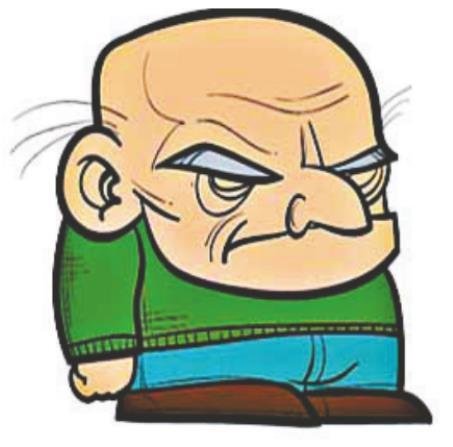Bureaucrats
I’ll be among the 1st to admit I’m no fan of bungling sports bureaucrats.
The National Collegiate Athletic Association would be among the worst if it wasn’t for the International Olympic …
This item is available in full to subscribers.
Subscribe to continue reading. Already a subscriber? Sign in
Get 50% of all subscriptions for a limited time. Subscribe today.
Please log in to continueNeed an account?
|
Bureaucrats
I’ll be among the 1st to admit I’m no fan of bungling sports bureaucrats.
The National Collegiate Athletic Association would be among the worst if it wasn’t for the International Olympic Committee.
The IOC is actually worse.
For years, it pretended the athletes Russia was sending to the games were all amateurs. When they finally conceded this was an illusion, it opened the way for more professional athletes to play, raised the competition level and the fans’ excitement, too.
What leads the NCAA to similar shallow thinking is the pretense that college athletes, particularly in Division 1, are amateurs.
They aren’t. These girls and guys are playing at an incredible level and the best of them will go on to illustrious careers as NBA and NFL multi-millionaires.
The judges say no
The 9th US Circuit Court of Appeals has ruled the NCAA’s limits on benefits an athlete can receive violate antitrust law.
Advocates for athletes’ rights say the ruling shows that antitrust laws are a way of holding the NCAA to account. Each time the NCAA loses an antitrust lawsuit, players gain more equitable treatment. That’s progress and another blow to bureaucracy.
As soon as next summer, college athletes will be allowed to sign deals in which they profit from their name, image and likeness.
The NCAA says it does not intend to cap student athletes’ compensation, but will require athletes to disclose the terms of endorsements deals via its own clearinghouse.
Big East commissioner Val Ackerman, co-chair of the NCAA, said they haven’t decided who might oversee the deals or if it will be able to void a deal deemed excessive or corrupt.
Ackerman said the NCAA wants to make sure that “transactions are legitimate and look like disguised payment from the school to play college sports.”
For example, an athlete could make $500 for signing autographs at a campus pizza shop event but probably not $500,000. As if pizza shops could pay that.
Another legal headache may lie in the weeds for the NCAA, Antitrust experts say that introducing a clearinghouse with clearly defined compensation tiers could amount to price fixing, no matter if it is run independently or by the NCAA.
The good news The NCAA has made it
The NCAA has made it clear unless college campuses are open to the entire student body, there are no plans to risk the health of student-athletes.
Neither South Carolina nor Clemson has announced when athletes will begin practice. Frankly, a lot of us are ready for some football.
Other items that may interest you







Comments
No comments on this item Please log in to comment by clicking here